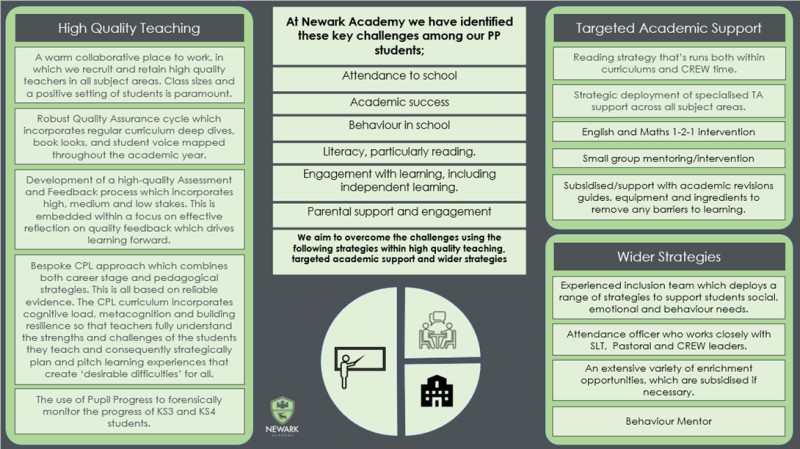Pupil Premium
The Pupil Premium is additional funding provided by the government to help schools close the attainment gap between pupil premium pupils and their peers. It is designed to support students who may face challenges that affect their learning, ensuring they have the best possible opportunities to succeed.
If you believe your child may be eligible or your circumstances may have changed for Pupil Premium funding, we strongly encourage you to apply. The application process is simple and confidential.
Eligibility is generally based on whether your family is in receipt of certain benefits such as:
Income Support
Jobseeker’s Allowance (Income-based)
Employment and Support Allowance (Income-based)
Universal Credit (with an income threshold)
Support under Part 6 of the Immigration and Asylum Act 1999
Your child may also qualify for Pupil Premium funding for the following reasons.
2. Looked-After Children (LAC)
Children who are currently looked after by a local authority, such as those in foster care or residential care.
3. Previously Looked-After Children (Post-LAC)
Children who were previously looked after by a local authority and have since been:
Adopted
Placed under a Special Guardianship Order
Placed under a Child Arrangements Order
3. Service Children
Children of parents serving in the regular armed forces, or who have served within the last six years (known as Ever 6 Service Child).
This also includes children of service personnel who have died in service and are in receipt of a pension under the Armed Forces Compensation Scheme or War Pensions Scheme.
To apply, please visit Free school meals and milk | Nottinghamshire County Council. If you require assistance with the application process or have any questions, please do not hesitate to contact Miss Clarke, our Assistant Headteacher and Pupil Premium Coordinator, at rclarke@newarkacademy.co.uk.
For more information on Pupil Premium, please visit the following web page:
The parent's guide to the pupil premium | TheSchoolRun
At Newark Academy we are aware of the barriers both Nationally and regionally PP students may face. We take this into consideration and are forensic and specific in diagnosing our students’ needs and potential barriers to learning through in depth analysis and monitoring of a variety of internal data (attendance, ATL, behaviour points, progress), learning walks, student voice and book looks. We then use strong evidence such as the EEF to support the implementation of our strategies.
We are proud of all stake holders knowing who our PP students are and embracing the strategies in place to support them bridge gaps, improve participation, raise attainment and achievement, and improve educational outcomes.
Below are our challenges and how we aim to overcome them:

